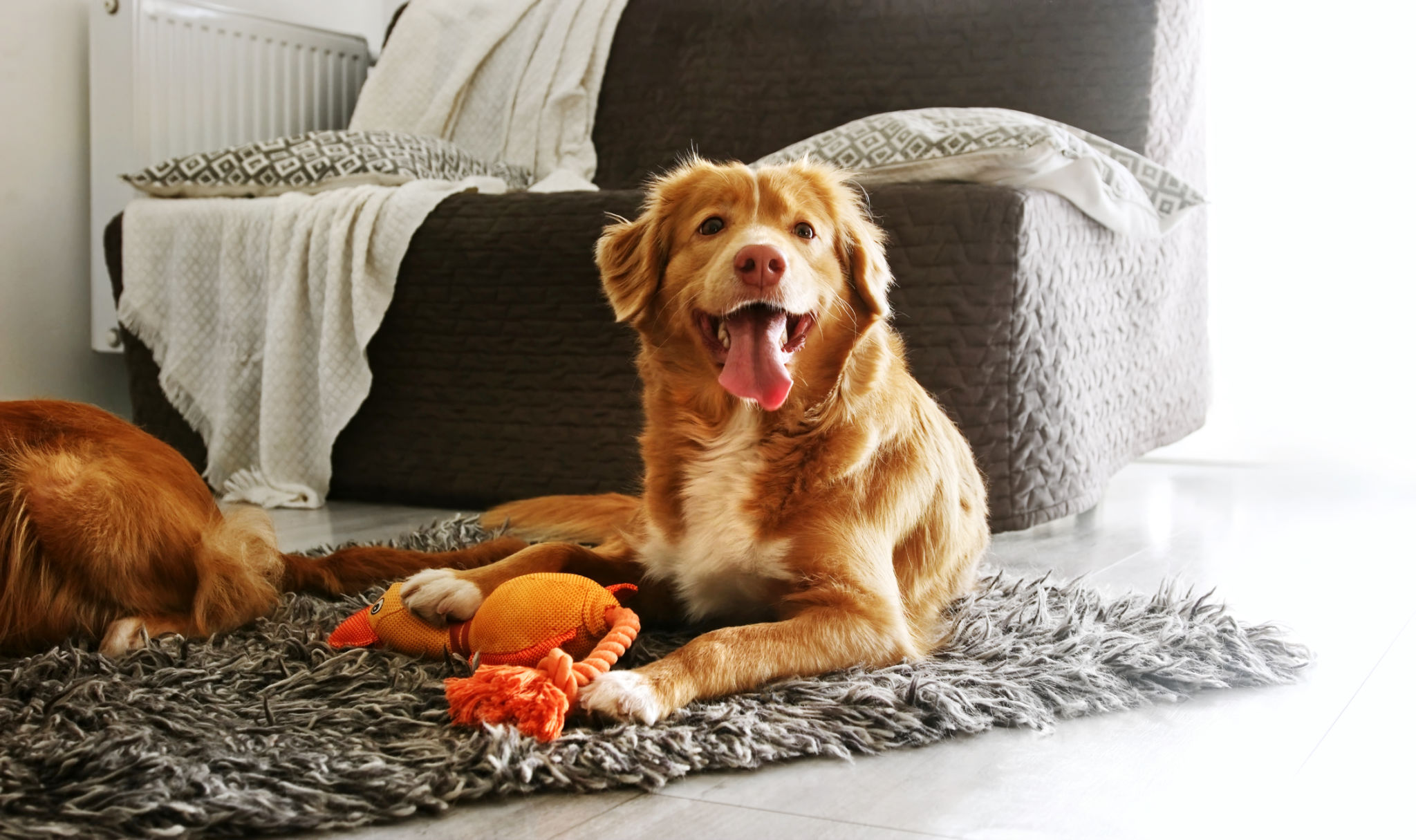Top Tips for Training Small Breeds: From Puppies to Adults
Understanding Small Breeds
Training small dog breeds can be both a rewarding and challenging experience. Due to their size, many people underestimate the training needs of small breeds, but they require just as much attention and commitment as larger dogs. Understanding the unique characteristics of your small dog is crucial in ensuring effective training. Small breeds often have big personalities, making them both charming and occasionally stubborn.

Starting Early with Puppies
Training should start as early as possible, ideally when your small breed is still a puppy. Early training helps establish good habits and can prevent behavioral issues from developing. Begin with basic commands like "sit," "stay," and "come." Puppies have short attention spans, so keep training sessions short and fun to maintain their interest.
Socialization is Key
For small breeds, socialization is crucial. They can often feel overwhelmed by larger dogs or new environments. Introducing them to a variety of people, animals, and settings while they're young will help them grow into well-adjusted adults. Consider puppy classes as a structured way to socialize your pup.
Consistency is Crucial
Consistency is one of the most critical aspects of training any dog, especially small breeds. Use the same commands and hand signals for each behavior you want to teach. This consistency will help your dog understand what is expected of them. Remember, patience is vital as some small breeds may take longer to learn new commands.

Positive Reinforcement
Small breeds respond well to positive reinforcement techniques. Use treats, praise, and affection to reward good behavior. Avoid harsh corrections, as they can easily intimidate smaller dogs, leading to fear or anxiety. Instead, focus on encouraging desired behavior with positive feedback.
Dealing with Stubbornness
Some small breeds can be notoriously stubborn. If you encounter resistance during training, try to understand what might be causing it. It could be a lack of motivation or a misunderstanding of the command. In such cases, reassess your approach and ensure that training sessions are engaging and clear.
Incorporate Play
Small dogs often have high energy levels, so incorporating play into training can be highly effective. Use games like fetch or hide-and-seek to teach commands in a fun way. This not only helps with obedience but also strengthens the bond between you and your pet.

Maintaining Training into Adulthood
Training should not stop once your small breed reaches adulthood. Continual reinforcement of learned behaviors and the introduction of new commands keep your dog mentally stimulated. Regular training sessions also provide ongoing opportunities for bonding and ensure that any bad habits are addressed promptly.
Addressing Behavioral Issues
If behavioral issues arise as your dog matures, it’s essential to address them immediately. Common problems include excessive barking or separation anxiety. Professional trainers can offer guidance if you find yourself struggling with specific issues.
In conclusion, training small breeds requires patience, consistency, and understanding of their unique needs. By starting early, using positive reinforcement, and maintaining training throughout their lives, you can ensure that your small companion grows into a well-behaved and happy adult dog.